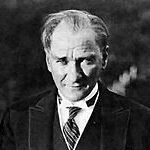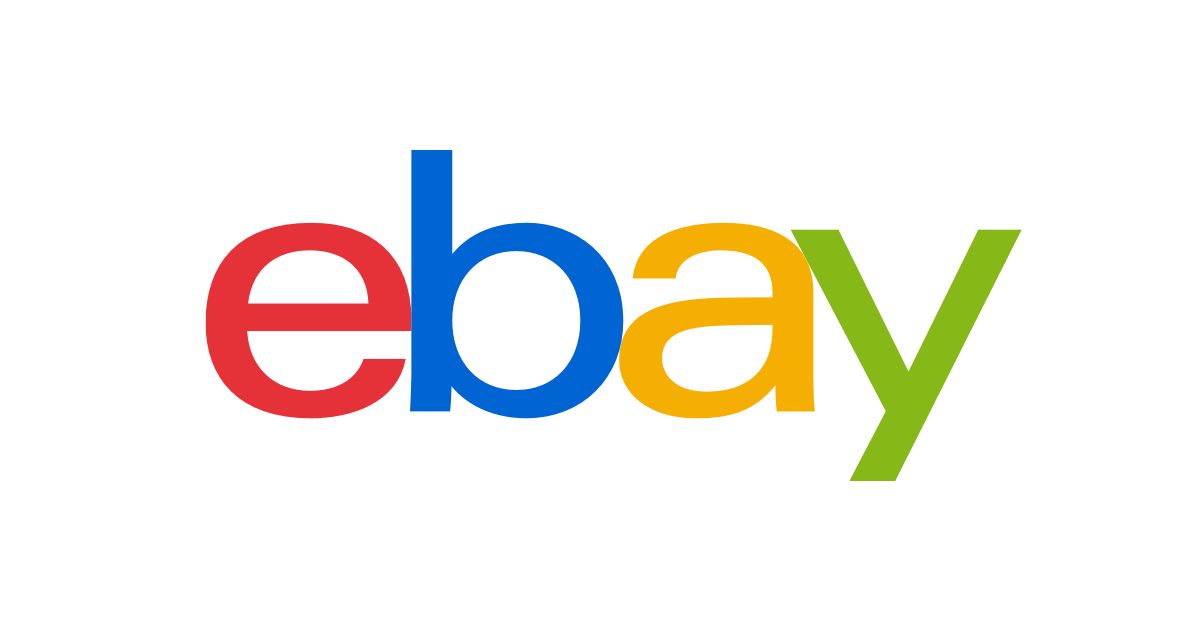In the market, there are a huge amount of blogs on Marketing and Startups but most of them are not worth to read it. I don't want people to waste their time to find new blogs or reading dummy content. So here is a curated list of blogs that I like to follow and find worth to read.
Startup Marketing - "Growth Hacker" term is founded by Sean Ellis. In his blog, he writes on startup marketing. If you want to unlock your startup's growth, you must follow this blog. I think this is the first blog to follow for growth hackers.
Growthhackers.com - If you have any questions on growth hacking, you can ask your question on this platform and expert growth hackers will answer your questions. You can find must-read articles, videos and presentations from this platform as well.
Coelevate - Brian Balfour writes great essays on customer acquisition, growth, activation and referral. He is VP of Growth at Hubspot and Sidekick. One of my favorite blog on growth.
Andrew Chen - He is an advisor and investor for companies like Dropbox, ProductHunt, Qualaroo and Angel List. At the same time, he shares his knowledge on his blog. His blog contains full of research and insight.
GainBits - Gain Bits blog is not a typical, useless growth hacking blog. Their aim is not to post blogs like how a button color increased conversion %400, they blogs contains comprehensive guides and strategies.
Sixteen Ventures - Lincoln Murphy is a thought leaders on SaaS. He shares his knowledge on SaaS Growth Strategies. If you are looking for more information on SaaS metrics or customer activation or customer onboarding you can check this blog.[/vc_column_text][vc_text_separator
GrooveHQ - GrooveHQ is a help desk software and they are sharing their story from $0 to $500K MRR. Alex Turnbull is the founder of this company and unlikely he is the only founder of this company. Very insightful blog for startups.
Open Buffer - Buffer shares everything related to their company on this blog. It's not a common thing between companies. They share salaries, incomes, number of active customers and so on. For startups it gives great insight.
Signal v. Noise - AS you may know Basecamp is one of the greatest project management tool in the market. And on their blog they are sharing their knowledge of how they created this compant and what they are doing daily. If you like this blog, you can read their books as well which I mentioned in my curated books list.
Paul Graham - Not like a typical blog, he writes long but must read essays on his blog. You should be focused to read his essays. They are not like "2 minute read" blogs, he creates masterpiece essays.
Startup Lessons Learned - Eric Ries, founder of lean startup methodology, shares his knowledge on his blog. He shares his thoughts on lean startups and businesses. His blog contains lots of great lessons like the stories in his Lean Startup book.
OnStartups - Cofounder of Hubspot, Dharmesh Shah writes his insights and advice on startups on this blog. Resources section the blog is worth to check. It contains a curated startup links all over the world.
Saastr - Saastr contains huge amount of startup content from each stage of a startup. You can find seperate topics for Traction, Startups, Hiring, Exits and Scaling. Find your stage of your startup and read articles.
Inbound.org - Inbound.org is a community for digital marketers. If you have any questions or links to share here is the best place for sharing. Moz and Hubspot are supporting this great community. Hiten Shah and Rand Fishkin are actively using this community as well.
Buffer - On Buffer's blog you can find latest and most comprehensive articles on Social Media. How to post? When to post? What to post? All needed answers for Social Media is in this blog. You can find great tips and tricks related to Social Media in this Blog.
Chiefmartec - Scott Brinker publish his opinions on Marketing Technology on his blog. You can find lots of detailed posts related to how marketing and technology works together. Of course he is well known with his Marketing Technology Landscape which is updated yearly
OkDork - Noah Kagan, founder of SumoMe, has a "Free Marketing Toolkit" which contains lots of useful spreadsheets on his blog. "Resources" and "Best Of" are also contains great knowledge.
Hubspot - Hubspot is a leading Marketing Automation platform and on their blog they have different topics like Sales, Marketing and Agency. They always great ebooks and templates on their blog. It's a good idea to check this blog regularly.
Moz Blog - If you are looking a piece of advice on SEO, Moz's blog is definetly the first blog to check.They also provide some free tools to check you website for SEO optimization.
Quicksprout - Neil Patel (Cofounder of CrazyEgg and Hello Bar) has a great knowledge on Digital Marketing and he is famous with his Free PDF Guides. Growth Hacking, SEO, Landing Pages and so on. His guides are must reads for digital marketing industry.
Copyblogger - Content related stuff can be found on this blog. They provide free ebooks and courses related to content marketing on their blog. Be a free member and you will get an access for all content marketing stuff.














































